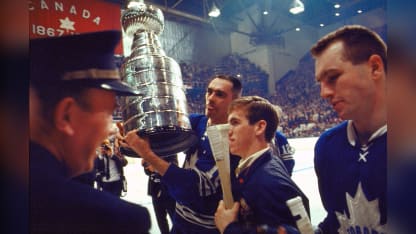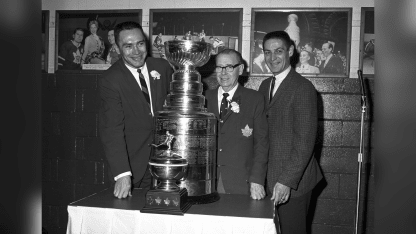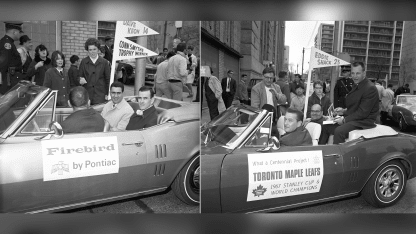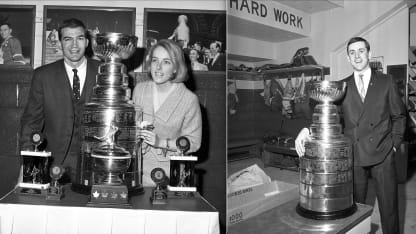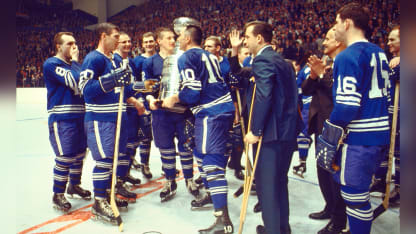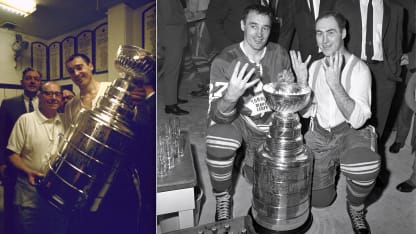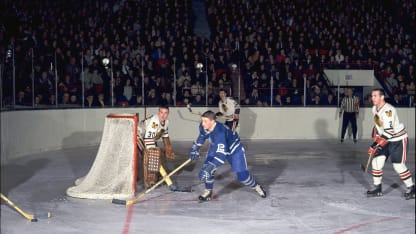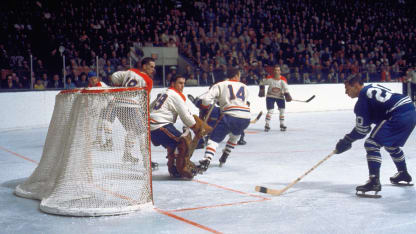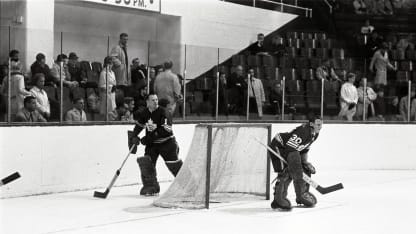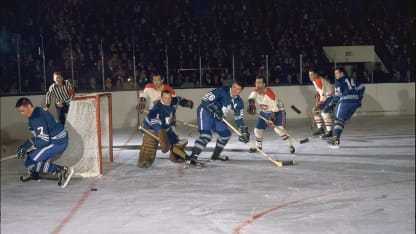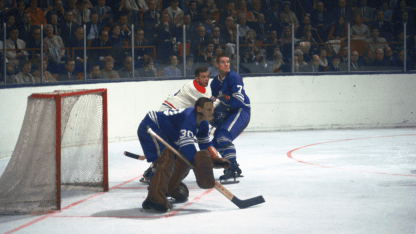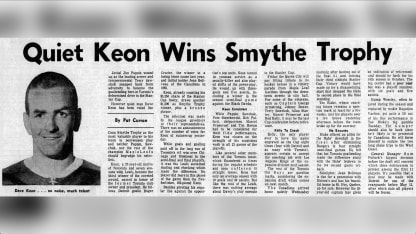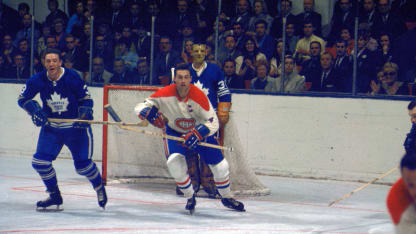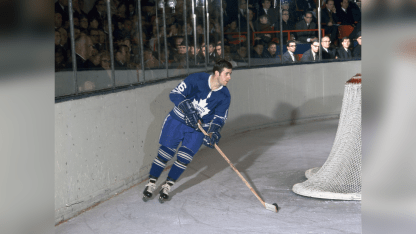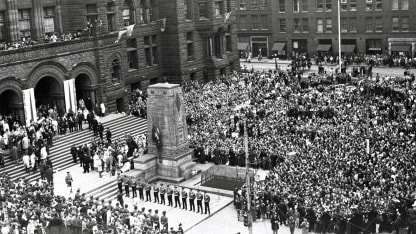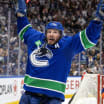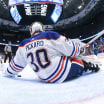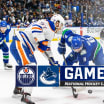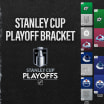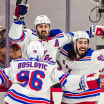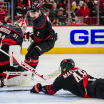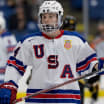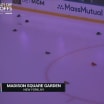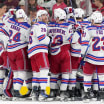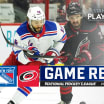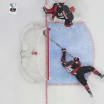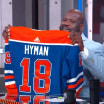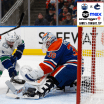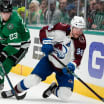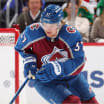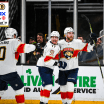Editor’s Note: The NHL Alumni Association will pay tribute to the 1967 Stanley Cup champion Toronto Maple Leafs on Feb. 1, as part of NHL All-Star Thursday at Scotiabank Arena in Toronto.
The NHLAA’s “Keith Magnuson Man of the Year” award will salute the seven living members of the Maple Leafs’ most recent championship. Expected to attend are Hall of Famers Dave Keon, Frank Mahovlich and Bob Pulford, and fellow forwards Brian Conacher, Ron Ellis, Pete Stemkowski and Mike Walton.
The award is presented to a former player or players who have applied the intangibles of perseverance, commitment and teamwork developed through the game into a successful post-career transition. Honorees are ambassadors for the game at all levels through their continued commitment in community and charitable causes. This award is named in honor and memory of Keith Magnuson, Executive Board of Director of the NHL Alumni Association who died Dec. 15, 2003.
To mark the occasion, NHL.com interviewed those players for a two-part look at the 1966-67 Maple Leafs. Today, Toronto stuns the Montreal Canadiens in the Final, and the aftermath of a championship for the ages. Part 1 appeared yesterday.
